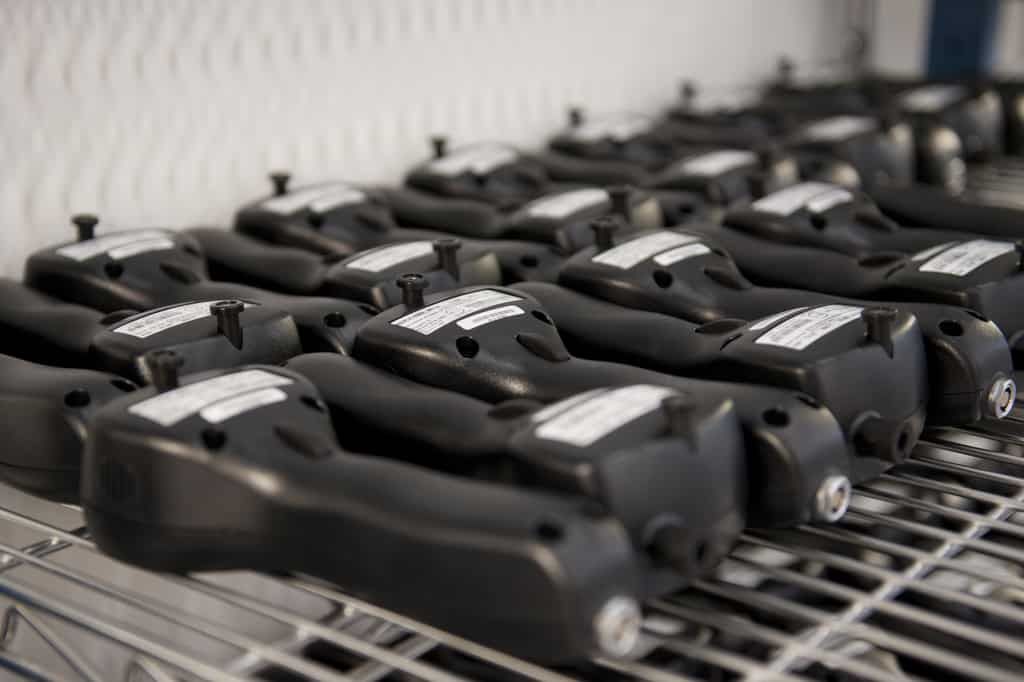If you missed Part 1 of this series, my name is Bryce Little and I’m the Market Coordinator for Monitech. My job is to educate attorneys and alcohol assessment counselors on ignition interlocks. Over the course of this past year, I’ve received hundreds of questions about ignition interlocks. Now, it would’ve been hard to post every one of them here (See our FAQs page), so I’ve trimmed the list down to the top ten, and I’m answering them all in this three part series. This post deals with questions 7-4.
7. Can the ignition interlock shut my vehicle off while driving?
No. The way interlocks work is by interrupting the ignition signal to the starter motor before startup and, therefore, cannot turn the vehicle off — only prevent the vehicle from starting. If a random running retest is failed, the ignition interlock will sound an alarm and allow the driver time to find a safe place to pull over and turn the vehicle off.
6. Do I need an appointment to go to the service center?
Yes. Local Monitech technicians are prohibited from accepting walk-ins or scheduling appointments directly from the service center. One must go through the Monitech Contact Center in order to schedule an appointment with a service center. The Contact Center can be reached at 1-800-521-4246.
5. Does the interlock device drain my battery?
The ignition interlock monitors the vehicle, even when it’s turned off, so it does require a small amount of battery power for this continuous activity. Therefore, Monitech recommends avoiding extended periods of nonuse, which may cause excessive battery drain.
4. Can I disable the ignition interlock myself to let someone else use the vehicle?
No. Tampering with or any attempted circumvention of the ignition interlock device is a violation of the North Carolina Ignition Interlock Program and may result in the loss of your driving privileges. The interlock participant may designate other individuals to operate the interlock vehicle, but in so doing, the interlock participant accepts any and all responsibility for interlock damages and/or program violations. For this reason, the interlock participant should utilize extreme caution in allowing someone else to operate the interlock vehicle.

